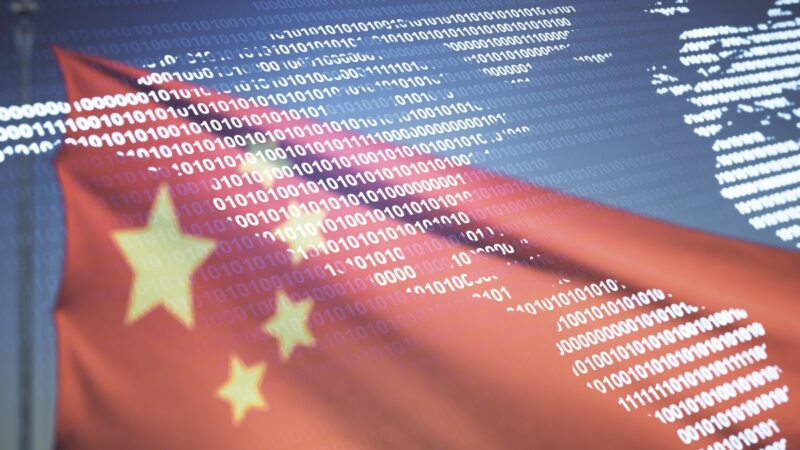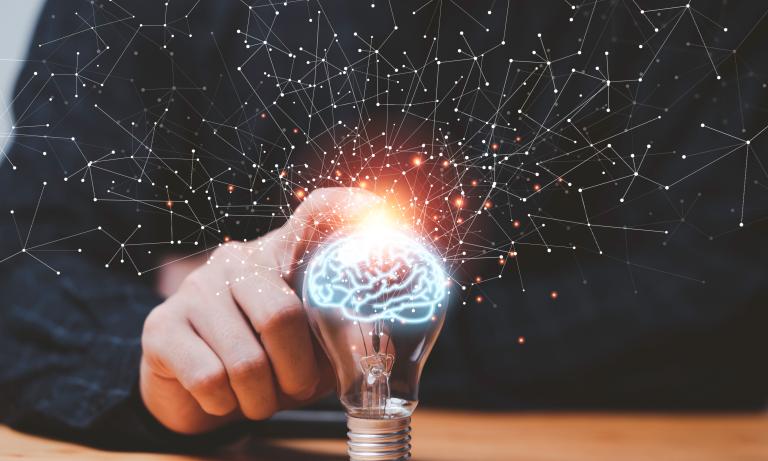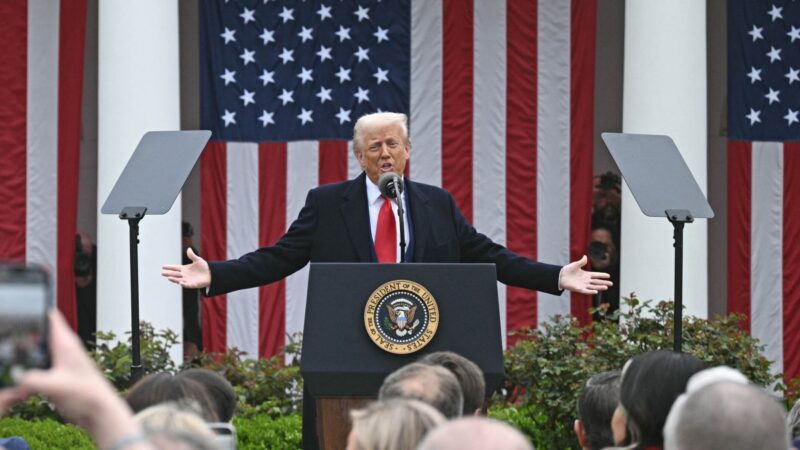Letter to Congress Correcting False Claims About Bayh-Dale Act and § 1498 on Drug Price Controls

On September 28th, 2023, a letter was sent to the Senate Health, Education, Labor and Pensions Committee, the Chair and Ranking Member of the House Ways and Means Committee, and to Secretary Becerra correcting false claims that the federal government can use the Bayh-Dole Act or § 1498 to impose price controls on prescription drugs.
The letter is signed by 25 scholars, former judges, and former government officials, including Judge Paul Michel, Judge Randall Rader, Judge Kathleen O’Malley, Judge Susan Braden, the Honorable Andrei Iancu, the Honorable Walter Copan, and the Honorable Ronald Cass. It also includes leading scholars and patent and healthcare law experts, such as Jonathan Barnett, Richard Epstein, Emily Morris, Kristen Osenga, and Ted Sichelman, among many others.
Download the letter here: Letter to Congress – Bayh-Dole and 1498 Not Basis for Price Controls on Drug


Using AI to Analyze the Sentiment of Public Comments on AI and Copyright
